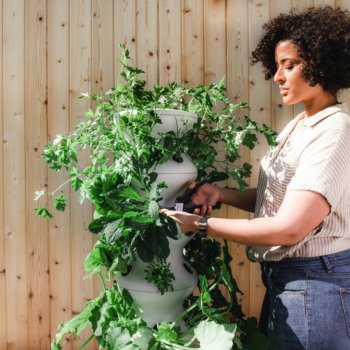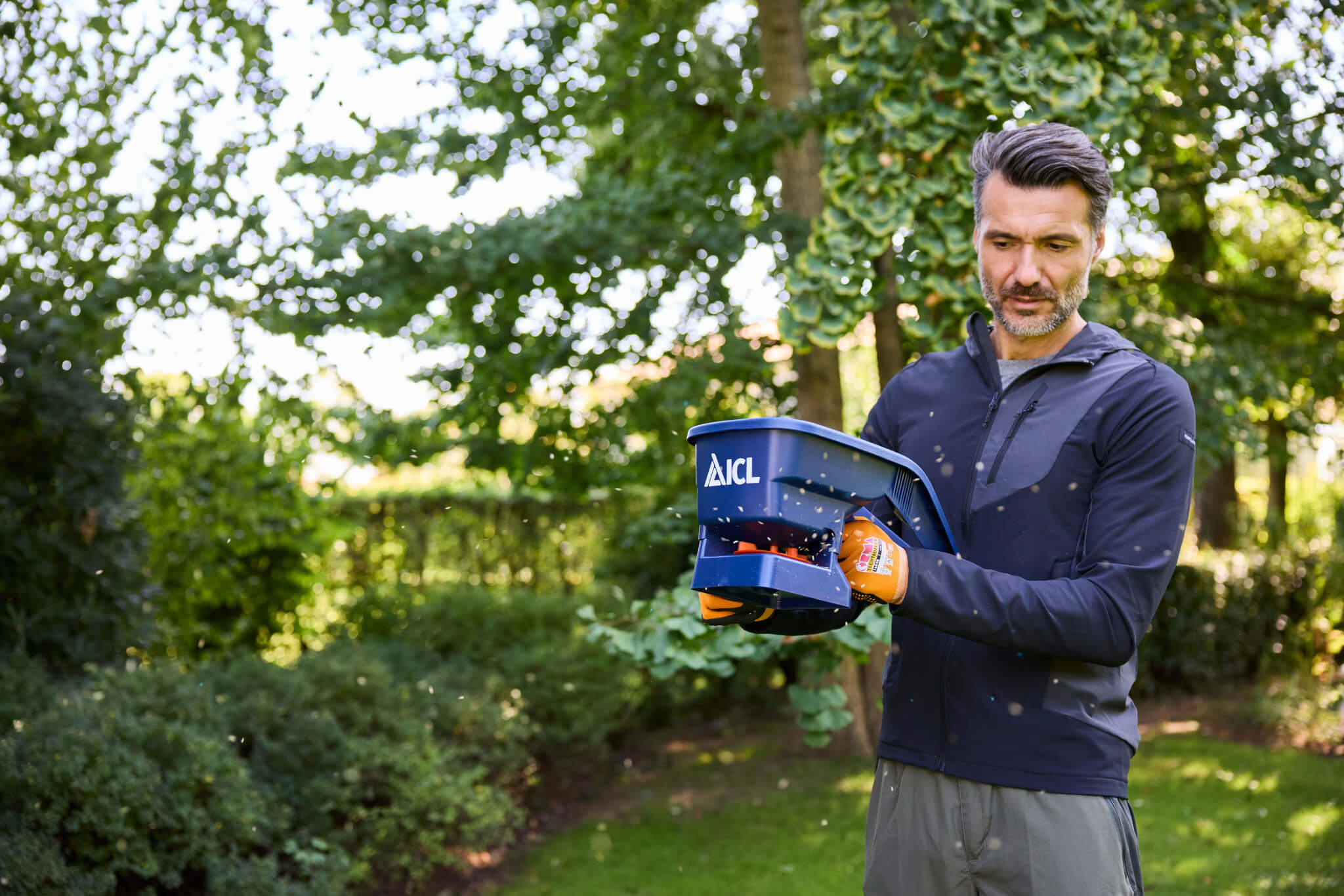How gardening can help improve your mental health and wellbeing

Growing evidence suggests gardening is linked to improvements in wellbeing, perceived stress and physical activity
15 July 2021
Gardening is good for you. While this is something most gardeners have been saying for years, there is growing evidence that it may be linked to improvements in wellbeing, perceived stress and physical activity. Research from the Royal Horticultural Society has found those who garden daily have wellbeing scores 6.6% higher and stress levels 4.2% lower than those who do not garden at all.
A team of specialists from Delamere Health Manchester have shared a series of tips on improve your wellbeing and mental health through gardening.
Gardening acts as a stress relief
The current pandemic can sometimes feel overwhelming, so it’s hardly surprising that in the past year, 74% of people have felt so stressed they have been unable to cope. During these unprecedented times, it is important for individuals to have a place where they feel calm.
If you are fortunate enough to have green space available, this sense of tranquillity can provide a relaxing environment where you can embrace your inner creativity.
Scientifically, evidence suggests working in the garden reduces cortisol levels, a chemical our bodies produce in response to stress. While being outdoors is beneficial for stress, your indoor green oasis also provides relief from stressors caused by day-to-day life.
Being creative
Tapping into your creative energy can reduce anxiety, depression, stress and improve your overall mental and physical health. The average person has over 6,000 thoughts per day, a creative activity such as gardening can help focus the mind by calming the brain and body.
Creativity goes beyond making you happy in the present. It also is an effective way to reduce the symptoms of dementia, improves memory and cognitive abilities. Your memory begins to improve when you become more imaginative, so get creative with your garden displays by adding colour, texture and decorative features.
Cutting back screen time
Excessive screen time increases the risk of diseases such as obesity, diabetes, and sleep problems. Whether your family is consumed by their smartphones, or you are hooked on a streaming platform, too much screen time can be harmful to your health.
Cutting back the amount of time spent in front of a screen and substituting it with an activity such as gardening can help to improve your overall health and wellbeing. Gardening helps to break bad habits and provides an exciting hobby for the whole family to enjoy.
Promoting physical exercise
Being physically active outdoors has been shown to reduce levels of stress, anger, depression and improve overall mental and physical health. The sunshine naturally increases serotonin, a hormone that affects your mood, while exercise produces endorphins, which boost your mood and reduce symptoms of pain.
Gardening activities such as ranking, weeding, and trimming engage multiple muscle groups, which improve your overall fitness level. In fact, being out in the garden for just 30-45 minutes can burn up to 300 calories.
Creates a sense of responsibility
Responsibility provides a sense of purpose while building self-esteem and self-worth. During the coronavirus pandemic, individuals felt as if they were losing control of their lives. Gardening is a great way to maintain a sense of order.
Designing a garden, planting seeds, and watching plants grow can give people a sense of purpose. For example, you can choose how you want to arrange your flower display, or which vegetables to plant or how big they will grow.
Gardening is also a great way to teach children about responsibility. Families can learn together to take care of their seeds for them to grow. Children can develop a sense of mindfulness, learning how respect for your environment and plants is important.
Helps develop a growth mindset
Gardening helps individuals develop a ‘growth mindset’, which is the simple belief that our basic abilities can be developed and improved through dedication and hard work. Having a growth mindset can be beneficial to our lives, as you begin to enjoy challenges, despite anxiety and nervousness. This is typical because we value growth and learning.
Research has revealed that when growing fruits, vegetables, and other outdoor plants, you receive a dopamine boost every time you harvest. This has been named the ‘harvest high’ by researchers who theorise it as the biological reward mechanism for cultivating your own crops.
Builds a connection to others and nature
Group participation in gardening activities can help build social growth through shared interests and common goals. Horticulture uses green space to help develop someone’s ability to mix socially, make friends and learn skills that will help them to interact more effectively.
Gardening with family, friends or organised groups can provide individuals with the opportunity to connect with others and nature, reducing feelings of isolation and exclusion.
Being close to nature can also reduce feelings of anger, fear, stress and increase happiness. Not only does being outdoors help emotionally, but it helps contribute to physical wellbeing by lowering blood pressure, heart rate, muscle tension and production of stress hormones.
For more information, visit https://delamere.com/



 Print
Print








Fans 0
Followers